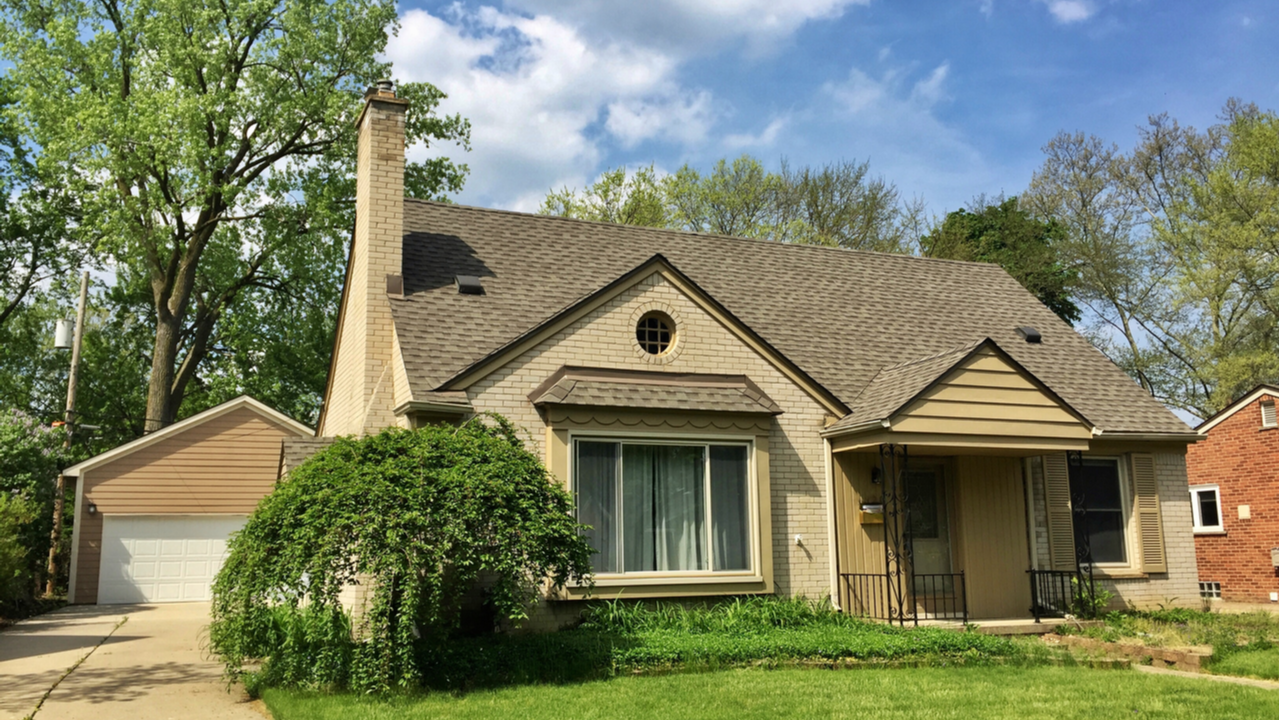Key takeaways
- VA loans come with closing costs, which include a funding fee, and other expenses common to all home loans, such as an origination fee and an appraisal fee.
- VA closing costs can range from 1 to 6 percent of your loan amount, but the seller may pay up to 4 percent for you.
- You can roll the VA funding fee into your loan principal rather than paying it upfront, but then you’ll pay more in interest over the loan term.
If you’re an active-duty service member, veteran or surviving spouse, a VA loan could help you finance a home with no down payment. But VA loans do still involve some upfront expenses. Here’s what you need to know about VA loan closing costs.
Do VA loans have closing costs?
Yes. VA loans, which are insured by the U.S. Department of Veterans Affairs, do have closing costs.
VA funding fee
The one closing cost specific to VA loans is the VA funding fee. This one-time charge helps offset the cost of providing VA loans without a down payment or mortgage insurance requirement.
The funding fee ranges from 0.5 percent to 3.3 percent of the amount borrowed. It’s based on the type of VA loan (for example, purchase or refinance), the total amount being borrowed, your down payment amount (should you choose to make one) and whether you’ve previously had a VA loan.
For example, if you’re a first-time buyer, and you put down 5 percent, the current funding fee will be 1.5 percent of the total loan amount. If you put down less, it jumps to 2.15 percent. Contribute 10 percent or more, and it drops to 1.25 percent.
Other VA loan closing costs
Other closing costs on a VA loan could include these expenses, which apply to nearly any home purchase:
- Origination fee: This charge covers the creation of the loan. The VA limits this fee to 1 percent of the total loan amount.
- Credit check fee
- Appraisal fee: This pays for a professional opinion on the home’s market value and habitability.
- Title search and title insurance costs: During this process, a title company searches for any disputes as to the ownership of a property. Title insurance covers the lender’s costs if there is a dispute and legal action is required.
- Discount points: These are fees borrowers may pay to lower their VA loan interest rate.
- Recording fee: This covers the cost of legally registering, or recording, your home purchase with the local or state government agency.
- Flood certification fee: The mortgage lender uses a flood certification to determine whether your home is in a flood zone and if your home requires flood insurance.
- Survey fee: A mortgage survey determines the boundaries of your property.
- Prepaid items, including property taxes and homeowners insurance premiums
Can you roll closing costs into a VA loan?
Similar to a conventional loan, you must pay most closing costs for a VA loan upfront, when you close on your home.
There’s one exception: You can roll the funding fee into your loan. Keep in mind that this will increase your monthly payment, and you’ll owe interest on the funding fee in addition to your original loan amount.
How much are VA closing costs?
VA loan closing costs can range from 1 percent to 6 percent of your loan amount. The final tally depends on the VA lender you choose to work with.
For example, if you’re taking out a $300,000 mortgage, you could expect to pay between $3,000 and $18,000 in closing costs.
Bankrate insight
Bankrate’s VA loan closing costs calculator can help you get a sense of how much you’ll pay in closing costs.
When will I know the final closing costs on my VA loan?
By law, your VA lender is required to provide an estimate of all the closing costs associated with your loan within three days of applying for it, as well as a finalized list of the closing costs, known as the closing statement, at least three days before your closing date.
VA closing costs vs. other loans
If you’re comparing VA loans with other options, like conventional loans and FHA loans, it’s important to understand some of the key differences. These include:
- There are certain fees that VA borrowers will never pay: The VA prohibits certain closing costs that are allowed on other mortgage types, including attorney fees and prepayment penalties.
- Your origination fee will never exceed 1 percent of the loan amount: The VA limits lender origination fees to no more than 1 percent of the loan amount. And if your lender does charge a 1 percent origination fee, it cannot charge you separately for items such as the application fee, document preparation fee, notary fee, mortgage rate lock fee or loan closing fee.
- There is no mortgage insurance on VA loans: Unlike conventional and FHA loans, VA loans don’t require mortgage insurance.
- Sellers are limited to paying 4 percent of the sales price: With FHA loans, sellers can contribute up to 6 percent of the price with concessions. The VA caps these concessions at 4 percent. However, it’s important to note that discount points aren’t included in the 4 percent maximum.
How to pay closing costs on a VA loan
You can pay your VA loan closing costs by:
- Paying the closing costs out-of-pocket and in full at closing.
- Asking the home seller to pay the closing costs. The seller can pay a portion of the buyer’s closing costs, up to 4 percent of the mortgage, including the funding fee or origination fee. For a VA loan, sellers are always required to pay the real estate agent commissions, brokerage fees and termite reports. As with any home sale, the buyer and the seller can negotiate most of the other closing costs.
- Rolling the costs into your loan. Remember, this is only allowed for the funding fee.
FAQ
Read the full article here
















